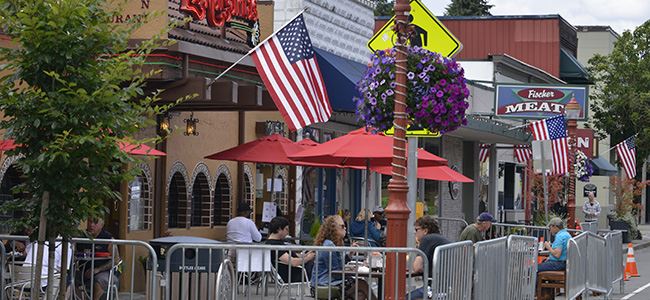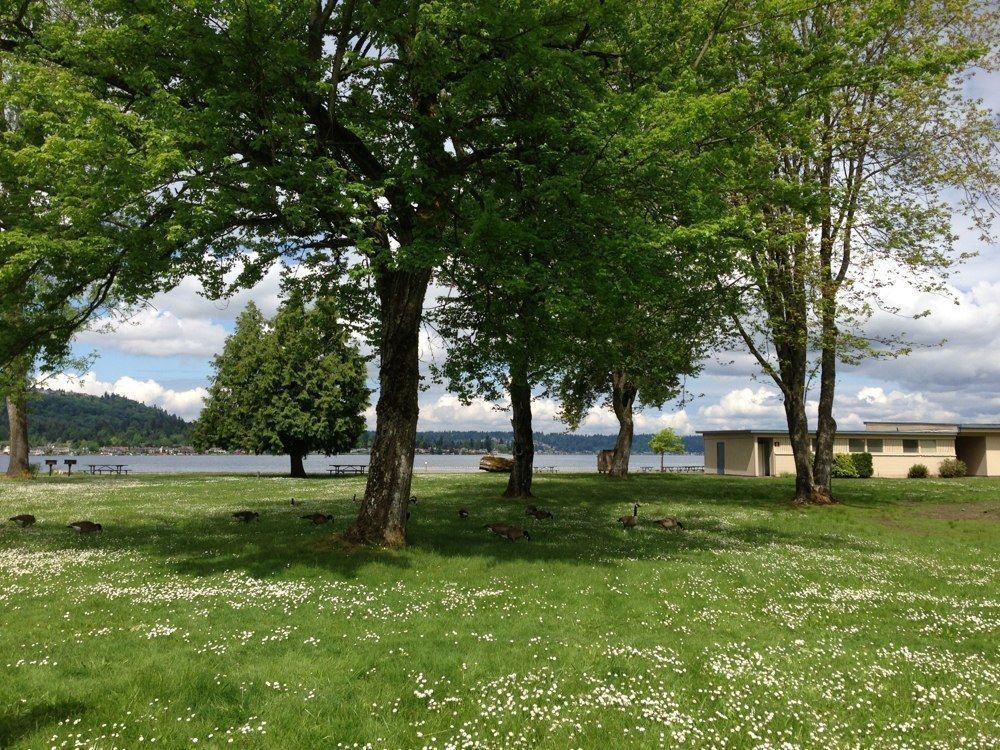Issaquah is a city in King County, Washington, United States. The population was 30,434 at the 2010 census and an estimated 39,509 in 2019. Take a look below for 25 fascinating and awesome facts about Issaquah, Washington, United States.
1. Located in a valley and bisected by Interstate 90, the city is bordered by the Sammamish Plateau to the north and the “Issaquah Alps” to the south.
2. It is home to the headquarters of the multinational retail company Costco.
3. Issaquah is included in the Seattle metropolitan area.
4. “Issaquah” is an anglicized word for a local Native American name, meaning either “the sound of birds”, “snake”, or “little stream”.
5. “Squak Valley”, an older name for the area, also derives from this same Native American name.
6. In September 1885, the then-unincorporated area was the scene of an attack on Chinese laborers who had come to pick hops from local fields.
7. Three of the laborers died from gunshot wounds, and none of the attackers were convicted of any wrongdoing.
8. The city was officially incorporated on April 29, 1892.
9. Initially a small mining town, the city has changed noticeably both in its appearance and economic focus. Issaquah was originally developed to service the mining industry (on the two nearby mountains that now lend their names to the Cougar/Squak Corridor Park), and began as the town of “Gilman”.
10. As the mining deposits neared depletion in the late 1890s, other companies started to realize Issaquah’s potential to support a lucrative lumber business.

11. These companies exported timber from Issaquah and other small, local towns to Seattle and larger, rapidly growing communities throughout western Washington.
12. These early boom industries, however, faded into a period of relative quiet by the time of the Great Depression.
13. The town remained fairly placid through the succeeding decades, with Boeing providing the majority of employment in the area.
14. Microsoft and other technological industries moved into Redmond and other cities in the area, and later established operations in Issaquah itself.
15. Both Boeing and Microsoft have significantly affected Issaquah’s history, cultural development, and diverse population through their active community participation and attraction of outside residents.
16. In June 1996, Costco moved its global headquarters to Issaquah from nearby Kirkland.
17. Other Issaquah employers include Siemens Medical Solutions’ Ultrasound Group, Overtime Technologies, Boehm’s Candies, and Darigold.
18. According to a 2012 estimate, the median income for a household in the city was $87,074, and the median income for a family was $115,814. The per capita income for the city was $47,949.
19. According to the Washington State Office of Financial Management, Issaquah ranked 6th of 279 eligible incorporated communities in population growth between 2000 and 2005.
20. Issaquah is bisected by Interstate 90, which runs from Seattle to Boston, and Washington State Route 900, which connects the city to neighboring Renton. There is a chronic traffic congestion problem on Front Street, which traverses the historic downtown.

21. Proposals have been made to create a bypass, but opponents have argued that this will only result in more sprawl in the area beyond downtown and thus bring in more traffic and pollution. In 2008, the Issaquah City Council voted to cancel the 15-year-running SE Bypass project. In addition, King County has no funding in its seven-year capital plan to improve Issaquah-Hobart Road, the southern terminus of the proposed bypass.
22. The Issaquah Alps are the highlands neighboring the city. They offer hiking trails and opportunities for outdoor activity across the three mountains surrounding Issaquah: Tiger Mountain, Cougar Mountain, and Squak Mountain.
23. The Issaquah Valley Trolley is a project of the Issaquah Historical Society with the aim of starting a regular heritage trolley service on the remaining section of railroad track in downtown Issaquah. A trial operation took place in 2001–02, giving public rides in a trolley car borrowed from Yakima Valley Trolleys.
24. By 2010, the Issaquah Historical Society had acquired three trolleys of its own, but the planned service had not yet begun operation, as two of the cars were narrow gauge, making them incompatible with the standard gauge rails left in Issaquah, and all three were not in operating condition.
25. A federal transportation grant was obtained, providing funds for track evaluation and repairs, and in 2012 one of the two narrow gauge cars was sent to the Gomaco Trolley Company to be refurbished and regauged to standard gauge. The overhauled trolley car, ex-Lisbon 519, returned to Issaquah in August 2012, and regular public rides began in October 2012.




